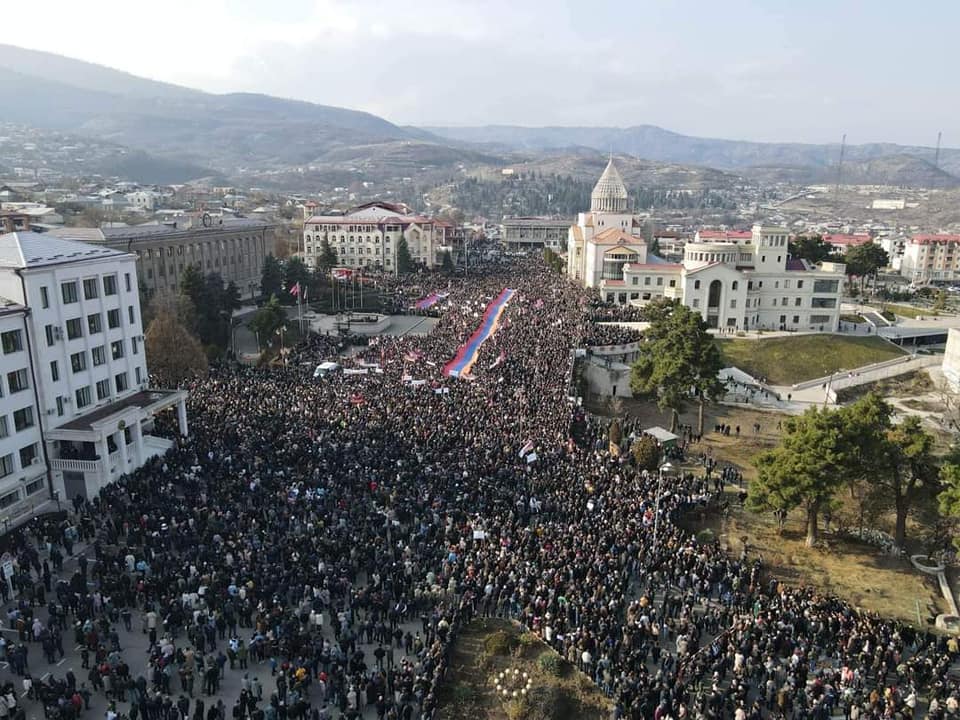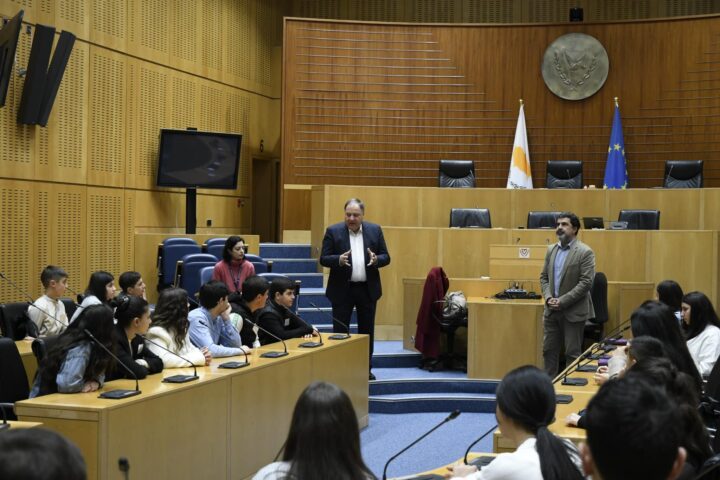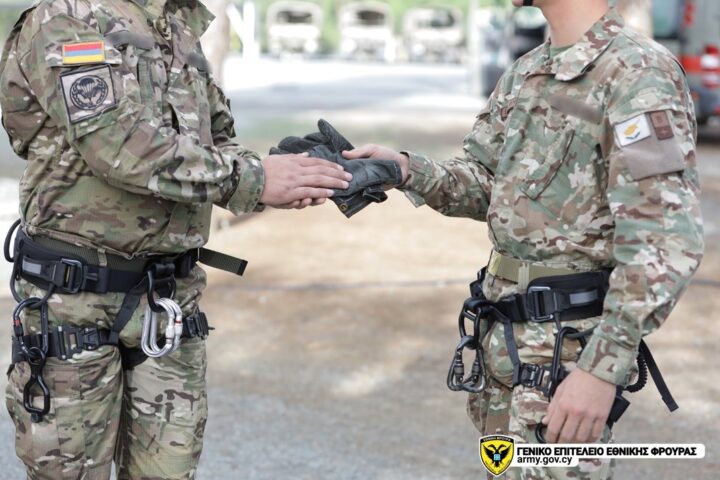For the last few days, 120,000 Armenian men, women, and children have been deliberately trapped by Azerbaijan in their ancestral homeland, Artsakh (Nagorno-Karabakh).
Azerbaijan has blockaded them, and they are now completely disconnected from the outside world.
It is a human catastrophe unfolding. On December 12, 2022, a group of Azerbaijani pseudo-environmentalists, under fabricated ecological concerns, blocked the Lachin corridor, the only remaining humanitarian lifeline that connects Artsakh to the outside world.
The Azerbaijani blockade is in flagrant violation of the November 9, 2020, Trilateral statement, which in no uncertain terms states: (a) the Lachin Corridor shall remain under the control of the peacekeeping contingent of the Russian Federation, b) the Republic of Azerbaijan shall guarantee safe movement of citizens, vehicles and cargo in both directions along the Lachin corridor.
The roadblock has left the Armenians inside Artsakh isolated and with limited essential resources: food, medication, and fuel is dwindling amidst freezing winter conditions.
Azerbaijan also cut the gas supply (provided from Armenia and running through an Azeri-controlled area) to Artsakh for several days to exacerbate the human suffering.
Schools and kindergartens had to close because of the lack of heating, and hospitals struggled to care for freezing patients, some of whom still cannot be transferred to Armenia for life-saving treatment.
This blockade is not the first attempt by Azerbaijan to inflict massive human suffering on the Artsakh Armenians.
For 30 years, Azerbaijan has bombarded Artsakh Armenians in three wars.
Three generations of Artsakh Armenians have suffered death and hardship, pogroms and massacres and continue to live under the constant threat of annihilation by Azerbaijan.
But they have endured.
Despite the signing of the November 2020 Trilateral Statement to cease hostilities, Azerbaijan has been relentlessly pursuing various means to create extreme and unbearable living conditions for the Armenian population of Nagorno Karabakh, including military provocations, psychological intimidation, and terror, shooting at civilian buildings and repeatedly cutting off the gas in freezing winter temperatures.
Azerbaijan continues to use every tool in its arsenal to exterminate and/or expel Armenians from their homeland.
Azerbaijan does not accept that there is such an entity as “Nagorno-Karabakh”, clearly displaying its genocidal intentions.
The Azerbaijan blockade is not an isolated act: it is part of a systematic and consistent policy aimed at ethnically cleansing Nagorno Karabakh of its indigenous Armenian population.
Anti-Armenian hysteria, hate speech, and institutionalised Armenophobia make Azerbaijan’s intentions painfully clear.
By its destruction and desecration of the Armenian religious and cultural heritage, its obliterations of centuries-old cemeteries and cross-stones, and its erasing of everything Armenian from the territories currently under its occupation, Azerbaijan is telegraphing not only its policy of ethnic cleansing but its intent to commit another genocide against the Armenian people.
Indeed, Azerbaijan has made no secret whatsoever that it wants Nagorno-Karabakh without Armenians.
It is the territory it is after; the extermination of the Armenians is a means to this end.
For the Armenians, this is an existential moment, a matter of life and death, as they struggle in unremittingly unbearable and inhumane conditions for the very right to live in their ancient homeland.
Slow burn
What is unfolding is a genocide in a slow burn.
A population of more than 120,000 people may disappear, and be completely liquidated, without anyone being held responsible.
We have witnessed it happen to Armenians, Greeks, Kurds and many others.
The Foreign Ministry of Greece called on “Azerbaijani authorities to ensure freedom and security of movement and transport, in both directions along the Lachin corridor without any preconditions in compliance with the Tripartite Statement of November 9, 2020. The local population should be spared from hardships and distress.”
Such statements and appeals to Azerbaijan were issued by the EU and the US, Canada, the Vatican, France, Cyprus, the Netherlands, Germany, Switzerland, the UK, Lithuania, Estonia etc.
The UN Security Council will discuss the matter in a special meeting.
All of those statements underline that the continuation of the blockade threatens to cause a humanitarian catastrophe.
It is already in the making, as one patient passed away in Stepanakert because of the blockade.
Azerbaijan pretends not to heed those appeals and has circulated two pseudo-arguments- 1. Azerbaijan has not blocked Lachin Corridor, and 2. It’s not the government but the “ecologists” protesting.
From the international reactions, it is clear that no one, including in Azerbaijan, believes these arguments.
While the world celebrates Christmas and New Year, the Armenian population in Artsakh remains under the imminent threat of extermination, isolated and cut off from the rest of the world.
The international community needs urgent and decisive action to prevent another shocking tragedy.
The civilised world and specialised international organisations must step in to stem any further escalation of the situation and save the people of Artsakh from the genocide unfolding, which they will try to oppose as a last stand for survival.
Tigran Mkrtchyan is the Ambassador of the Republic of Armenia to Cyprus, Greece and Albania










